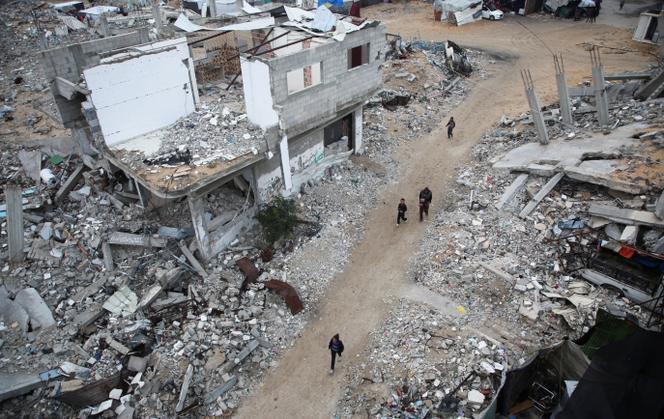


Hamas is now just a shadow of its former self. Its main leaders have been eliminated one after the other: Saleh al-Arouri in Beirut, Ismail Haniyeh in Tehran, and in Gaza for Yahya Sinwar, the main architect of the October 7 attack, who had ruled over the Palestinian territory with an iron grip. Then, all its ranks were gradually decimated: officers, non-commissioned officers, soldiers, police forces, engineers, and leadership. Its military arsenal, including thousands of rockets, was largely destroyed. Hezbollah, its Lebanese ally in the Iranian-led "axis of resistance" against Israel, has also been profoundly weakened by the Israeli army. After 15 months of war, Hamas no longer represents the threat it did ahead of the worst massacre in Israel's history, and it hasn't done so for many months, if the American president, Joe Biden, was to be believed when he declared, at the end of May 2024, that the Palestinian Islamist movement was "no longer capable of carrying out another October 7."
Yet its shadow still reigns over the enclave. "At this juncture, it's necessary to confront the reality: 15 months into the most intense war in the history of the Israeli-Palestinian struggle, Hamas, despite suffering heavy losses, remains Gaza's dominant power," wrote Michael Milshtein, a former Israeli intelligence officer, in an opinion piece on Ynet.
You have 77.48% of this article left to read. The rest is for subscribers only.
